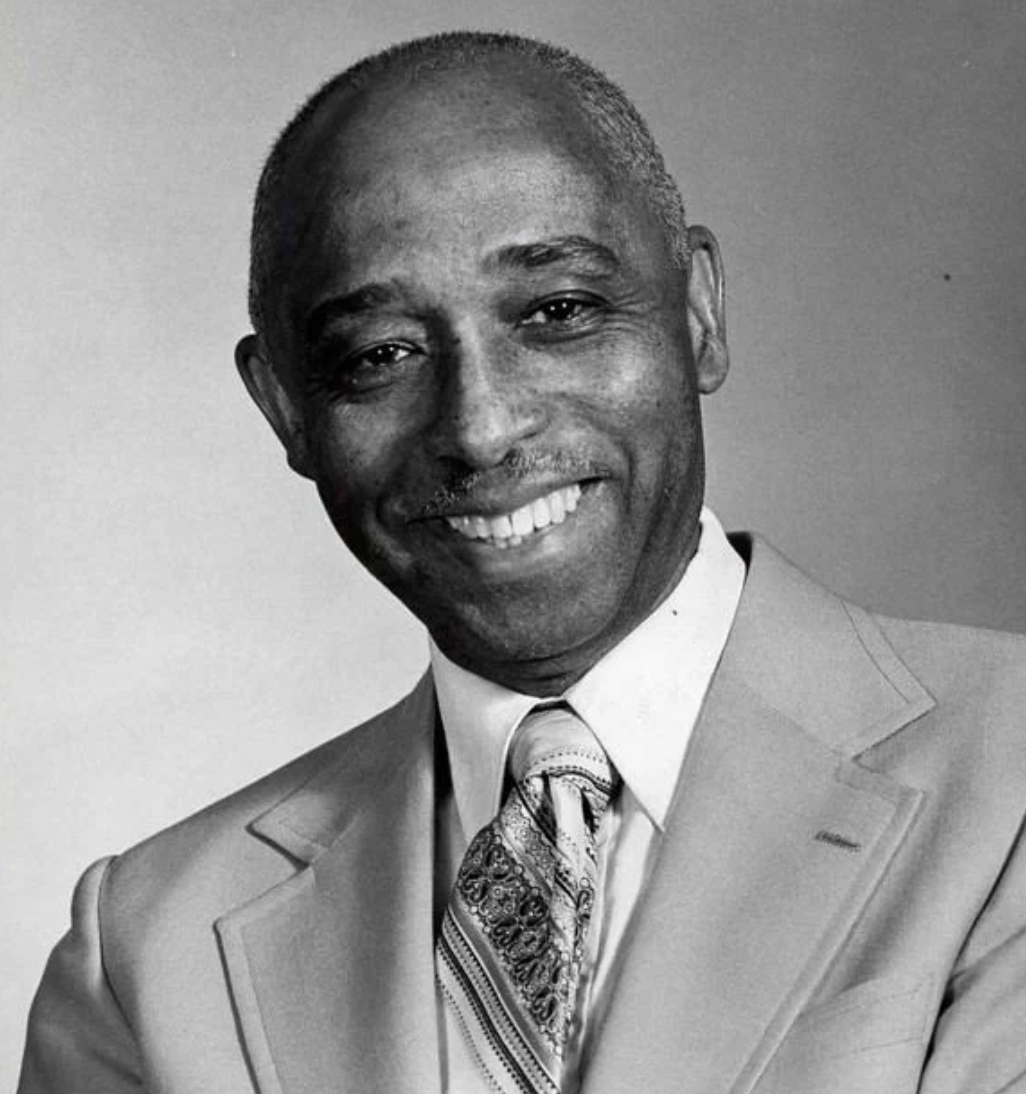Charles Howard Wright was a Detroit physician and founder of the Charles H. Wright Museum of African American History. He was born on September 18, 1918, in Dothan, Alabama and attended the State Teachers College (later known as Alabama State College, and now Alabama State University), and then Meharry Medical University, from which he graduated in 1943.
Wright practiced general medicine in Detroit, Michigan from 1946 to 1950, when he heard of a position at Harlem Hospital in obstetrics and gynecology. Wright had wanted to study obstetrics and gynecology at medical school but because the classes were full had settled for two internships in pathology: one at Harlem Hospital in New York City, and the second at Cleveland City Hospital in Cleveland, Ohio. He completed his residency in New York in 1953 and returned to Detroit where he received admitting privileges at Hutzel Women’s Hospital, gaining his license as a general surgeon and OB/GYN specialist in 1955.
During his career Wright was chief resident at Harper-Grace Hospital, chief resident at Sinai Hospital, and assistant professor of OB-GYN at Wayne State University School of Medicine. He also served as chief surgeon at Hutzel Hospital until his retirement in 1986.
A lifelong member of the NAACP, Dr. Wright served as their physician during the 1965 civil rights marches in Louisiana. The year prior he had conducted medical research in West Africa, which gave him access to many African artifacts, some of which would be displayed in the International Afro-American Museum, which he opened in 1965. The work also led to his establishing the African Medical Education Fund through the Detroit Medical Society.
Passionately focused on health outcomes in the Black community in Detroit, Wright wrote in 1995, The National Medical Association Demands Equal Opportunity: Nothing More Nothing Less. His earlier books focused on activist and actor Paul Robeson: Robeson: Labor’s Forgotten Champion (1975), and The Peace Advocacy of Paul Robeson (1984).
Among Dr. Wright’s many achievements is opening one of the first museums of Black history in the United States, which he personally financed by donating $1,000 to pay for costs and staff. Recognizing the need for building up the self-pride of Black Americans, an exhibit from the museum toured Michigan a year after the museum’s opening, with the popularity of its contents leading the city of Detroit to grant land for the construction of a new museum in 1978. Almost a decade later the Museum of African American History opened in Midtown a 28,000-square-foot building in the University Cultural Center. In 1997 the museum was expanded with voter-approved construction bonds to encompass 120,000 square feet, making it the world’s second-largest museum of Black history after the Smithsonian Museum of African American History and Culture in Washington, D.C. In 1998 the Detroit museum was renamed the Charles H. Wright Museum of African American History.
Charles H. Wright was married to Louise Lovett Wright until her death in 1985, then to Roberta Hughes who survived him after his death from a heart attack at age 83 on March 7, 2002.

